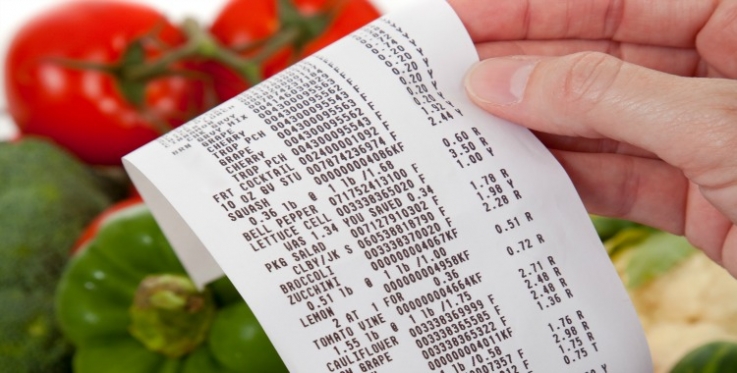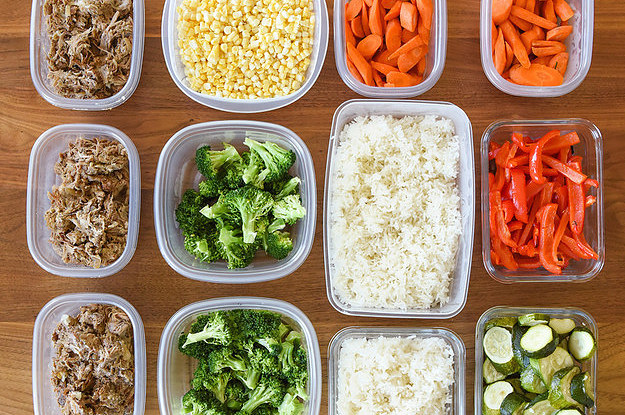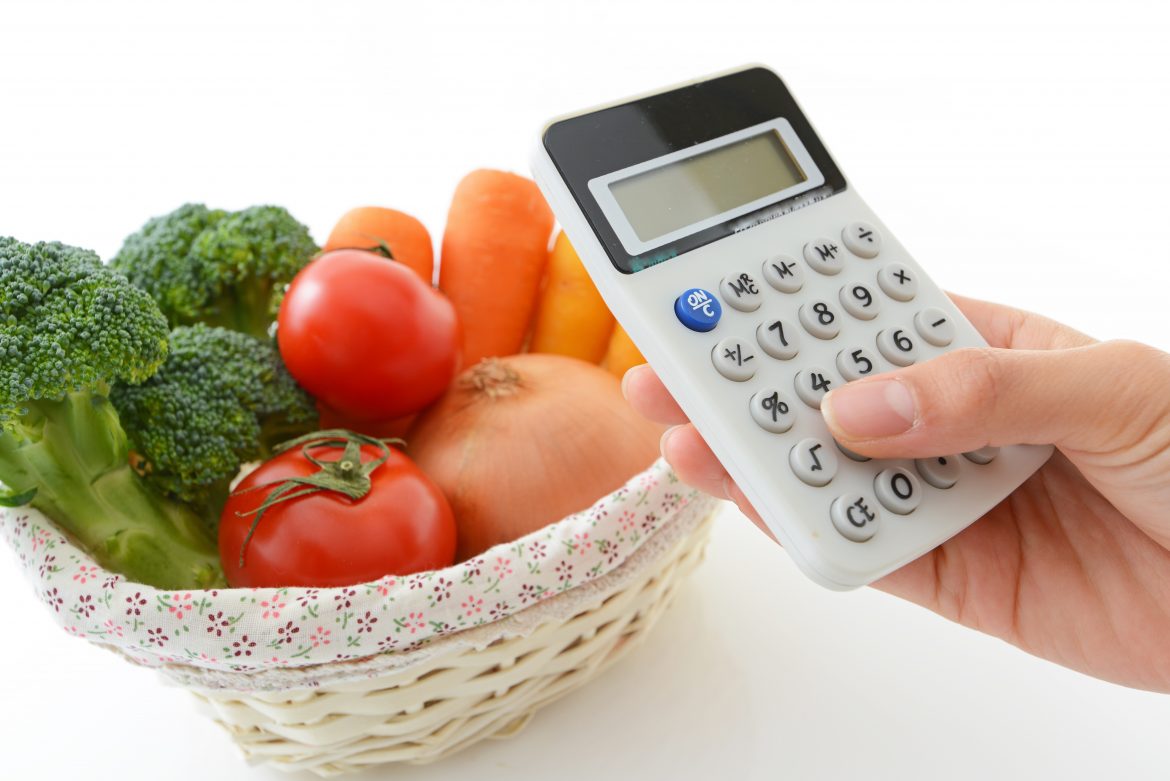With the way the price of groceries continues to rise, especially for healthy food options, it is more important than ever to budget your grocery spending. Fortunately, there are ways in which you can enjoy nutritious and delicious meals without spending a small fortune.
Track You Spending
Tracking what you spend on groceries per month is an excellent way to see exactly where your food money is going. Many people are surprised at how much they waste on junk food or items that they don’t really need. To get started, you will write down all the items you buy each week and how much each thing costs. Don’t try to scrimp and save at this point. You are trying to get an average of how much you currently spend. After tracking your spending for the entire month, look over your records carefully. Go through and highlight items that you didn’t really need. Once you add all these unnecessary things up, you just might discover that passing up those little treats here and there can save a substantial amount of money. You will also see which foods you are spending the most on so that you can keep your eye out for sales on these things.

Save Dining Out for the Special Occasions
It is no secret that eating the majority of your meals at home will keep your budget on track. Don’t think that you have to totally deprive yourself of the luxury of a nice meal out every now and then. You simply need to reduce those outings. For example, if you normally eat in a restaurant or grab take out for lunch, consider packing some food from home instead. Plan just one lunch out with friends or coworkers as a special treat occasionally. The same holds true for your evening dinner. Skip the fast food and restaurant meals. Reserve dinner in a restaurant for birthdays, anniversaries, or other special events. Not only will you save some money, but those few meals out will be extra meaningful.
Keep a List of Your Foods On Hand
It becomes super easy to decide at the last minute to grab take out when you don’t have enough food on hand to create delicious and healthy meals at home. Once you have your refrigerator and pantry well stocked, keep an ongoing list hanging on the fridge door. As you notice certain items getting low, add them to the shopping list. Taking the time to plan a dinner menu before you go grocery shopping also helps save money. Plan each night’s meal carefully and add all the ingredients you need to that list on the fridge. When it comes time to head to the local food store, grab that list and take it along. Relying on a well-planned grocery list adds to your savings by keeping you from grabbing items spontaneously as you wander through the grocery store.

Make Use of Leftovers
When it comes to eating healthy on a budget, you don’t want to waste any food. Throwing food away is the same as throwing your money away. Save leftovers for the next day’s meal. If there isn’t enough for everyone, use them for your individual lunch the next day. Many perishable items can be frozen if you don’t think you will be using them before they go bad. For this to be successful, your refrigerator and freezer need to be functioning properly. If your refrigerator stops functioning unexpectedly, it’s important to get it fixed quickly to avoid a flood or an electrical issue, which could lead to serious damage. You need to handle the unexpected yet urgent repair before it gets worse. These issues can be expensive, if you do not have enough money in your savings you can apply for an online loan to help cover the unexpected costs. If you do choose this option, you should try to pay off the loan as quickly as possible so you can go back to your regular budgeting.
Once you put all of these tips into practice, you will be able to save money on your weekly grocery bill. Eating at home, tracking how much you spend, and putting every bit of food to good use will eventually become a way of life for you and your family that will really add up.

